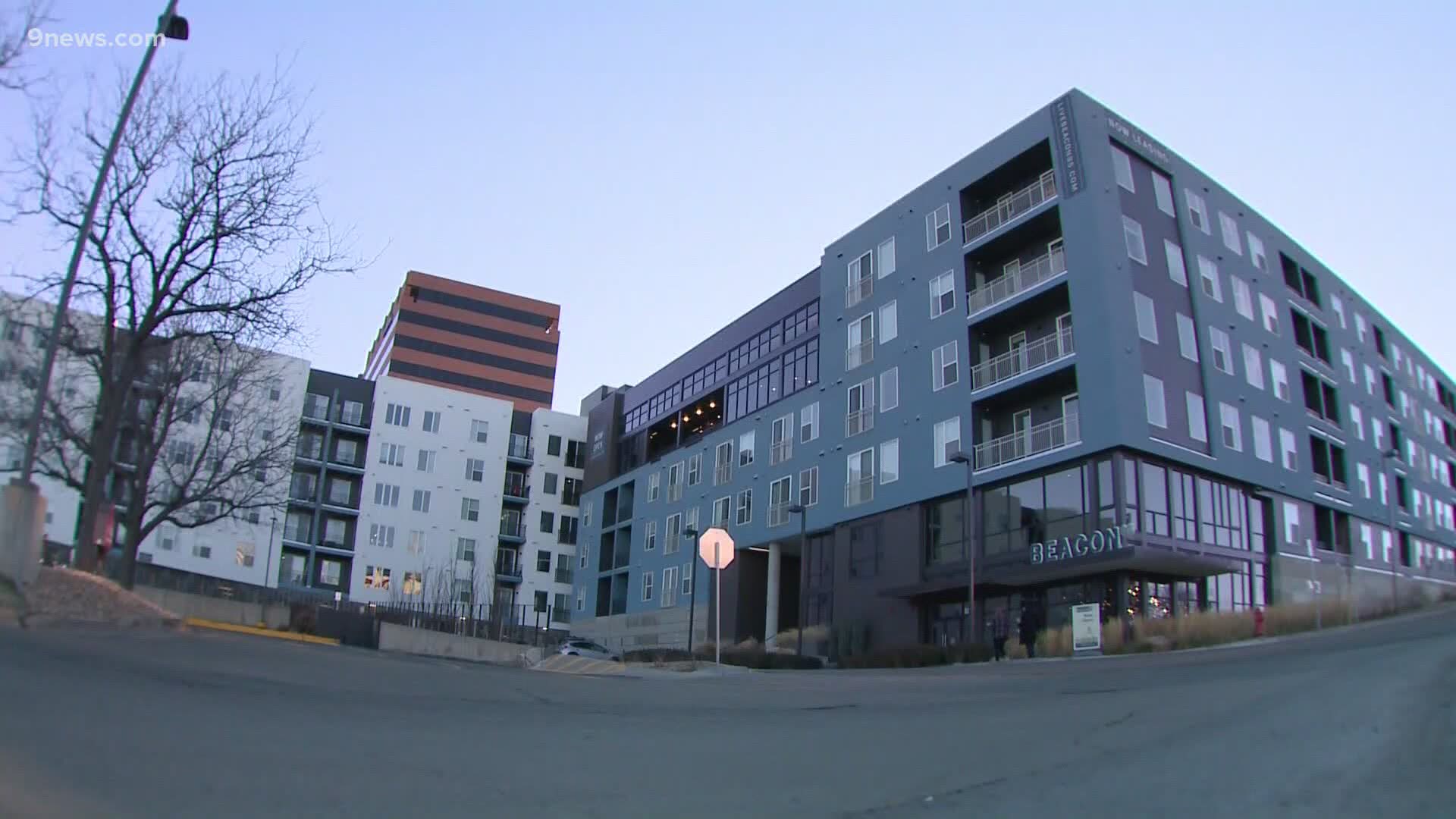DENVER — Governor Jared Polis' moratorium on evictions ends on Saturday after the months-long pause for COVID-19.
Thousands of Coloradans could face eviction, and it is unlikely they will have any help from the state lawmakers.
Polis’ office said Friday that the governor essentially wanted the legislature to agree to a plan.
“It would be a shame if the legislature failed to act and we are evaluating this dynamic situation at this time. The Governor and our team have encouraged lawmakers to reach an agreement that keeps hardworking people in their homes and provides direct assistance,” a spokesperson said in a statement.
Democrats who wanted a resolution, like Sen. Julie Gonzales (D-Denver) were not able to rally enough support this week to prevent evictions for people who missed rent, despite having a majority in the Colorado legislature.
When courts open Monday, Zach Neumann with the COVID-19 Eviction Defense Project expects to see its first wave of eviction notices, especially for people who have not gotten their stimulus check or certain benefits. He believes renters are most vulnerable now, as renters, on average, have lower incomes or may be dealing with more job loss.
"All renters are facing pressure right now. I think anyone who's lost their job during the crisis is struggling to pay their bills and to pay rent. I think we're gonna probably see two waves of evictions over the next six months. The first wave is gonna be folks who are cash-strapped right now," he said. "That's people who haven't been able to access federal benefits like our undocumented community here in Denver. It's also the people who haven't been able to claim things like federal-enhanced UI, who still haven't received their stimulus checks. People who maybe haven't gotten some of the cash that others have received. And so for them paying rent is gonna be very difficult."
A second wave of evictions could start later in summer after federal unemployment insurance and other benefits deplete.
"Based on our calculations we think somewhere in the vicinity of 300,000-400,000 could be at risk of eviction by the end of the year," Neumann said.
A landlord should first warn people about paying rent before it becomes a legal case. Eviction proceedings can take several weeks or even months.
According to Neumann, people who missed rent should try talking with their landlord first.
"I think we are seeing a decent number of landlords that want to work with their tenants. Obviously there are bad actors out there, but it's a difficult moment, and the best first stop is probably to chat with your landlord and see if you can strike a payment agreement," he said.
If that fails, try discussing the situation with an attorney. Neumann suggests contacting, Colorado Legal Services, the COVID-19 Eviction Defense Project and the Colorado Poverty Law Project.
A landlord should first warn people about paying rent before it becomes a legal case. Eviction proceedings can take several weeks or even months.
Lawmakers are still considering a relief bill that would provide money from the CARES Act to renters. The money would be prioritized for families experiencing homelessness and survivors of domestic violence.
SUGGESTED VIDEOS: Local stories from 9NEWS

